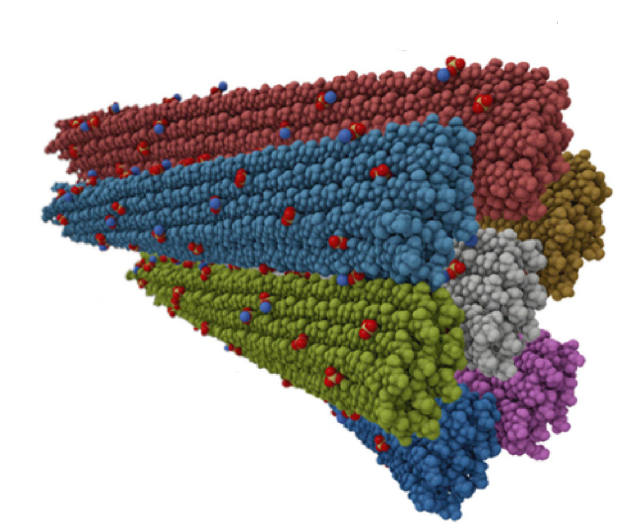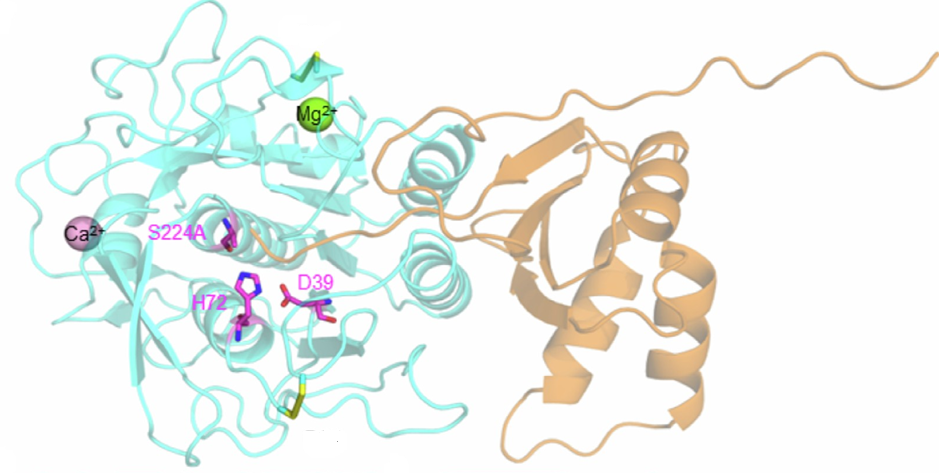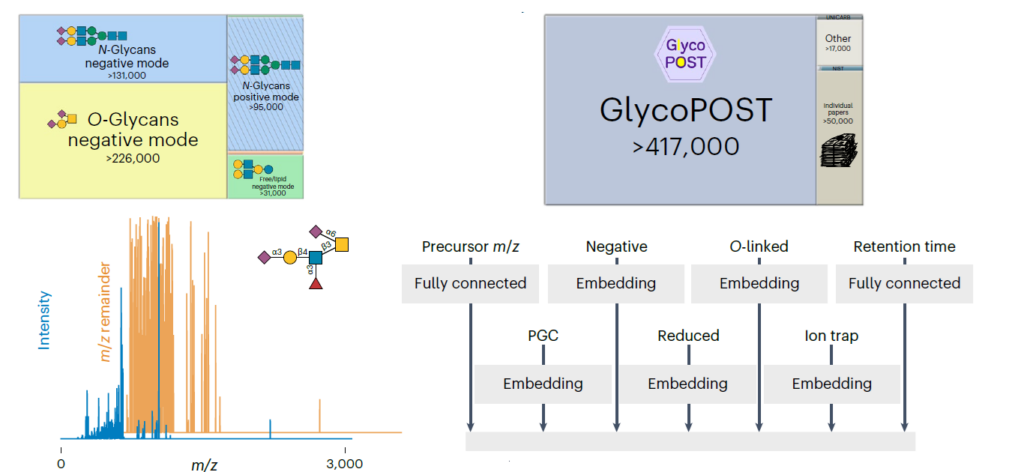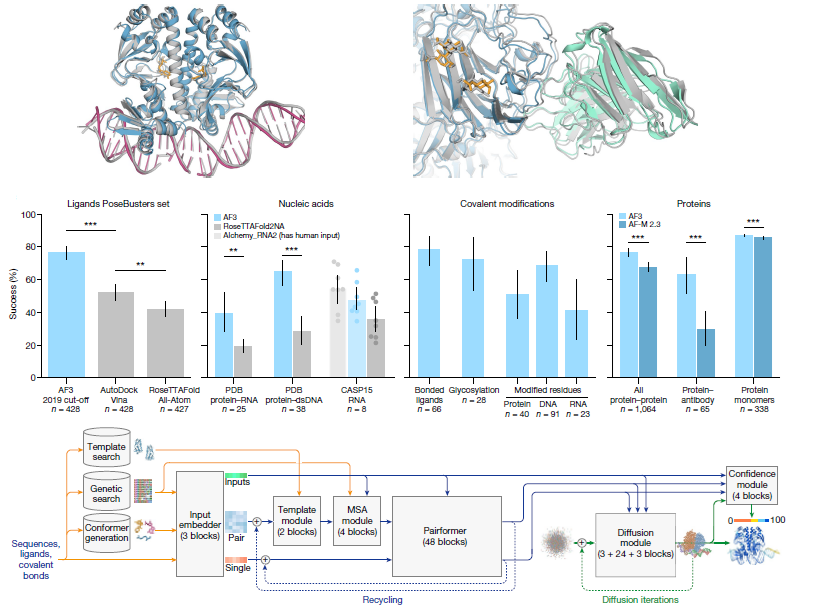SARS-CoV-2 infection, involves cell attachment and membrane fusion and relies on the Angiotensin-converting enzyme (ACE2) receptor. This later is paradoxically found at low levels in the respiratory tract, suggesting that additional mechanisms facilitating infection may exist. The authors show that C-type lectin receptors, DC-SIGN, L-SIGN and the sialic acid-binding Ig-like lectin 1 (SIGLEC1) act as attachment receptors. They enhance ACE2-mediated infection and modulate the neutralizing activity of different classes of spike-specific antibodies. These findings identify a lectin-dependent pathway that enhances ACE2-dependent infection by SARS-CoV-2. They reveal distinct mechanisms of neutralization by different classes of spike-specific antibodies. One of these mechanisms possibly results in creating multinucleate viral factories, potentially enhanced by specific antibodies.



